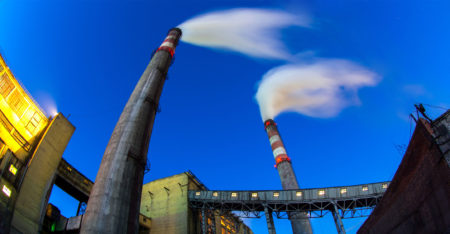
A divisive issue is set to take centre stage at Cop26 as tension builds between rich and poor nations. Countries from the rich bloc have grown their economies on the back of carbon-intensive industrial activity, while countries from the poor bloc is following suit in attempts to lift themselves out of poverty and ecological disaster.
Negotiations at Cop26 will focus on commitments to reducing global emissions to net-zero by mid-century or sooner. Effectively, shifting our energy source is the greatest global project since World War 2. With such an unlevel playing field, however, several battle lines are emerging:
- Climate change impacts are felt most acutely in countries with the least adaptive capacity and lowest levels of resilience.
- Countries with the highest energy consumption per capita are imposing, however diplomatically, far-reaching emissions reduction commitments on poorer countries.
- All this is taking place against a backdrop of intense political nationalism, individual polarisation and inflexibility, and the prospect of rapidly rising inflation.
Energy is central to economic growth but is also responsible for roughly 75% of greenhouse gas emissions worldwide and is therefore a natural focus point for decarbonisation and net-zero efforts. The challenge faced by developing countries in particular is decoupling development and economic growth from carbon-intensive production and services. Attempts to address this have been in the works since the Rio Summit in 1992 via the Common but Differentiated Responsibilities (CBDR) mechanism. CBDR proposed that poorer countries should be allowed to exploit carbon-intensive resources to drive economic growth and development, with developed nations committing to reducing their reliance on fossil fuels and other sources of greenhouse gases.
The problem with CBDR was that there was no agreed baseline of what sustainable emission levels looked like. How much the planet can tolerate was never calculated in a way that was universally accepted. What followed was 30 years of science doing battle with politics and social media. Until now.
Agreeing on the science
Cop26 is the first time, ever, that world leaders from the US, China, Russia and the EU — nations that have traditionally opposed each other on every energy and environmental debate — are actually agreeing on the science. While it is great progress that national governments are meeting at the negotiating table with a broad common goal, the private sector is arguably sitting on the sidelines.
In the absence of clear policy from the politicians, parts of the financial sector have quickly adapted to direct flows of finance towards more planet-friendly portfolios and sectors. ESG assets now comprise roughly 30% of global equity (assets under management), but hopes are high for Cop26 to add the necessary impetus to other sectors, backed by the science of the latest IPCC report, AR6. It is interesting to note that sustainable debt instruments equate to less than 3% of the US$124-trillion global debt capital market. It is time for debt markets to up the ante in their participation in saving the planet.
This scenario presents a unique, if challenging, opportunity for the private sector to drive the new climate economy on the ground rather than on paper. Simply shifting funds to passive ETFs may not provide the trickle-down effects on the real economy to bring the change quickly and sustainably. Only 10 years ago, the carbon disclosure mechanism, designed to promote north-south financial solutions to climate change, collapsed as the price of carbon credits became too cheap and the banking sector lost interest.
 How will Cop26 ensure that this time round we get it right?
How will Cop26 ensure that this time round we get it right?
Rather than handouts or traditional “aid” to developing countries, innovative strategies that promote a “just economic transition” are needed, in the mould of current talks between South Africa, Eskom and several developed nations to sustainably decarbonise energy generation.
Getting the private sector on the bus will contribute enormously to protecting South African exports from possible trade barriers imposed by offshore counter-parties with inflexible net-zero emission requirements. And, we forget at our peril that consumers are becoming increasingly demanding regarding the sourcing and sustainability of the products they buy.
- Luke Moore is climate risk specialist at EBS Advisory


